Psilocybe Cubensis
$220.00 – $1,300.00
Psilocybe Cubensis for sale
Individuals use psilocybin as a recreational drug. It provides feelings of euphoria and sensory distortion that are common to hallucinogenic drugs, such as LSD. Psilocybe Cubensis for sale
Researchers at John’s Hopkins Center for Psychedelic and Consciousness Research published a landmark study in 2006 on the safety and positive effects of psilocybin.
In October 2020, Oregon became the first state to legalize psilocybin. This allows for a 2-year period to consider regulatory and prescribing requirements.
Although medical bodies do not consider psilocybin to be an addictive substance, users can experience disturbing hallucinations, anxiety, and panic from using the drug. Psilocybe Cubensis for sale
Psilocybe cubensis
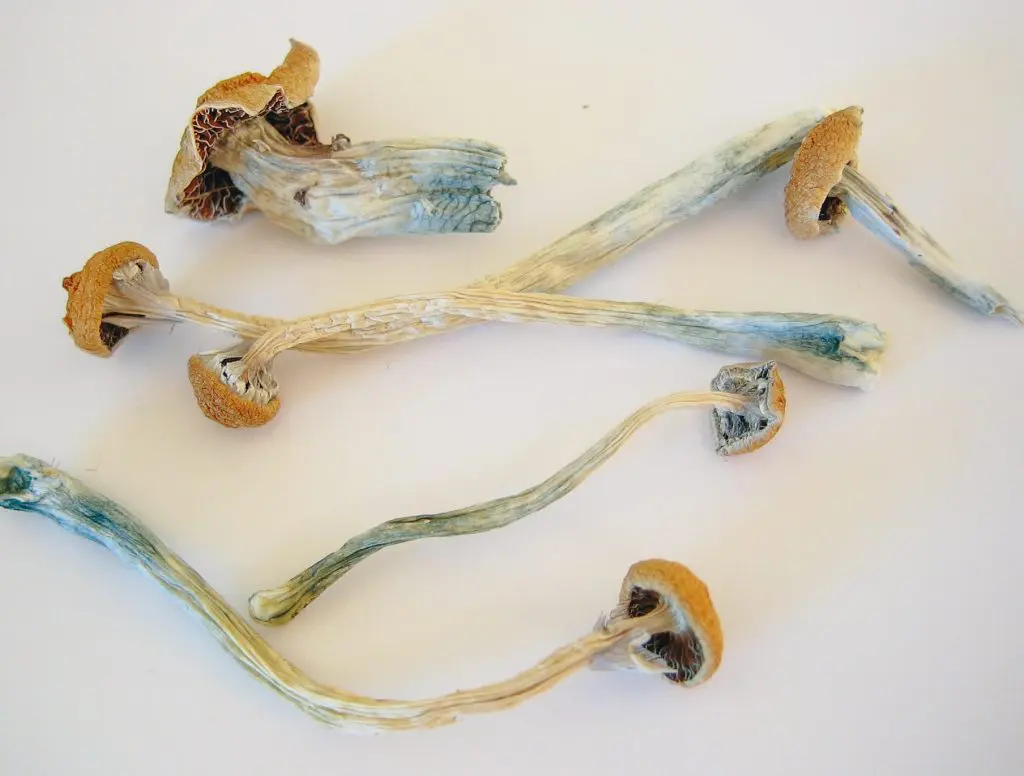
If you’ve eaten psilocybin mushrooms, but had no idea what species it was, chances are it was a strain of Psilocybe cubensis. That’s because “cubes” are the easiest magic mushroom to cultivate indoors, and since the ’70s, there have been a few pivotal books teaching hobby growers how to do so, including Terence and Dennis McKenna’s, Psilocybin: The Magic Mushroom Grower’s Guide. In fact, due to decades of selective home breeding, there are now 60 different strains of P. cubensis, like Golden Teachers, B+, Penis Envy Mushrooms, and Pink Buffalo. In clinical trials looking at the potential of psilocybin to treat mental health conditions, subjects actually receive isolated, synthetic psilocybin, rather than the whole mushroom, so we don’t actually have any rigorous data on the differences between all the magic mushrooms for healing purposes. Psilocybe Cubensis for sale
Cultivation
Personal-scale cultivation of Psilocybe cubensis mushrooms ranges from the relatively simple and small-scale PF Tek and other “cake” methods, that produce a limited amount of mushrooms, to advanced techniques utilizing methods of professional mushroom cultivators. These advanced methods require a greater investment of time, money, and knowledge, but reward the diligent cultivator with far larger and much more consistent harvests. Psilocybe Cubensis for sale
Terence McKenna and his brother Dennis made Psilocybe cubensis particularly famous when they published Psilocybin: The Magic Mushroom Grower’s Guide in the 1970s upon their return from the Amazon rainforest, having deduced new methods (based on pre-existing techniques) for growing psilocybin mushrooms and assuring their audience that Psilocybe cubensis were amongst the easiest psilocybin-containing mushrooms to cultivate. Psilocybe Cubensis for sale
New trials have shown the drug psilocybin to be highly effective in treating depression, with Oakland the latest US city to in effect decriminalise it last week. Some researchers say it could become ‘indefensible’ to ignore the evidence – but how would it work as a reliable treatment? Psilocybe Cubensis for sale
Lying on a bed in London’s Hammersmith hospital ingesting capsules of psilocybin, the active ingredient of magic mushrooms, Michael had little idea what would happen next. The 56-year-old part-time website developer from County Durham in northern England had battled depression for 30 years and had tried talking therapies and many types of antidepressant with no success. His mother’s death from cancer, followed by a friend’s suicide, had left him at one of his lowest points yet. Searching online to see if mushrooms sprouting in his yard were the hallucinogenic variety, he had come across a pioneering medical trial at Imperial College London. Psilocybe Cubensis for sale
Listening to music and surrounded by candles and flowers in the decorated clinical room, Michael anxiously waited for the drug to kick in. After 50 minutes, he saw bright lights leading into the distance and embarked on a five-hour journey into his own mind, where he would re-live a range of childhood memories and confront his grief. For the next three months, his depressive symptoms waned. He felt upbeat and accepting, enjoying pastimes he had come to feel apathetic about, such as walking through the Yorkshire countryside and taking photographs of nature.
Liberty caps, also known as Witch’s Hats, grow wildly all over the Northern Hemisphere. They prefer rich and acidic soil, like grasslands, meadows, pastures, and lawns, especially ones fertilized with sheep or cow manure. Because this is such a common environment around the world (think lawns, gardens, soccer fields), they grow in many countries throughout Europe, including Psilocybe Cubensis for sale France, Psilocybe Cubensis for sale Germany, Psilocybe Cubensis for sale Italy, Psilocybe Cubensis for sale Bulgaria, Psilocybe Cubensis for sale Finland, Psilocybe Cubensis for sale Iceland, Psilocybe Cubensis for sale Russia, and Psilocybe Cubensis for sale Turkey. They also grow in North America, on the West Coast from California to British Columbia in the fall to early winter, and to a lesser extent on the East Coast from Newfoundland to Nova Scotia, Canada. Plus, some varieties are known to grow in the Southern Hemisphere, too, in Chile and New Zealand.
“I became a different person,” says Michael. “I couldn’t wait to get dressed, get into the outside world, see people. I was supremely confident – more like I was when I was younger, before the depression started and got to its worst.” Psilocybe Cubensis for sale
The trial, finished in 2016, was the first modern study to target treatment-resistant depression with psilocybin, a psychedelic drug naturally occurring in around 200 species of mushroom. To varying degrees, Michael and all 18 other participants saw their symptoms reduce a week after two treatments, including a high, 25mg dose. Five weeks later, nine out of 19 patients found that their depression was still significantly reduced (by 50% or more) – results that largely held steady for three months. They had suffered from depression for an average of 18 years and all had tried other treatments. In January this year, the trial launched its second stage: an ambitious effort to test psilocybin on a larger group and with more scientific rigour (including a control group, which Michael’s study lacked), comparing the drug’s performance with escitalopram, a common antidepressant. The team has now treated about a third of the 60 patients and say that early results are promising for psilocybin.
| Quantity | Oz, Quater pound, Half Pound, Pound |
|---|
Reviews
There are no reviews yet.
Related products
Mushrooms
Mushrooms
Mushrooms




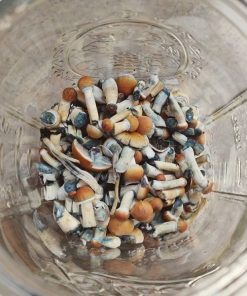



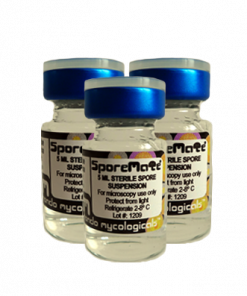
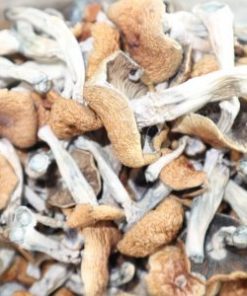
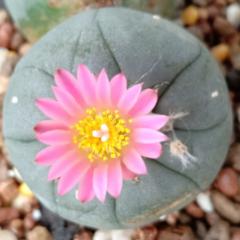


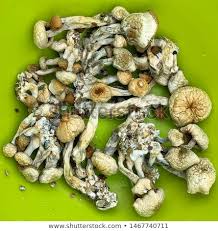

Be the first to review “Psilocybe Cubensis”